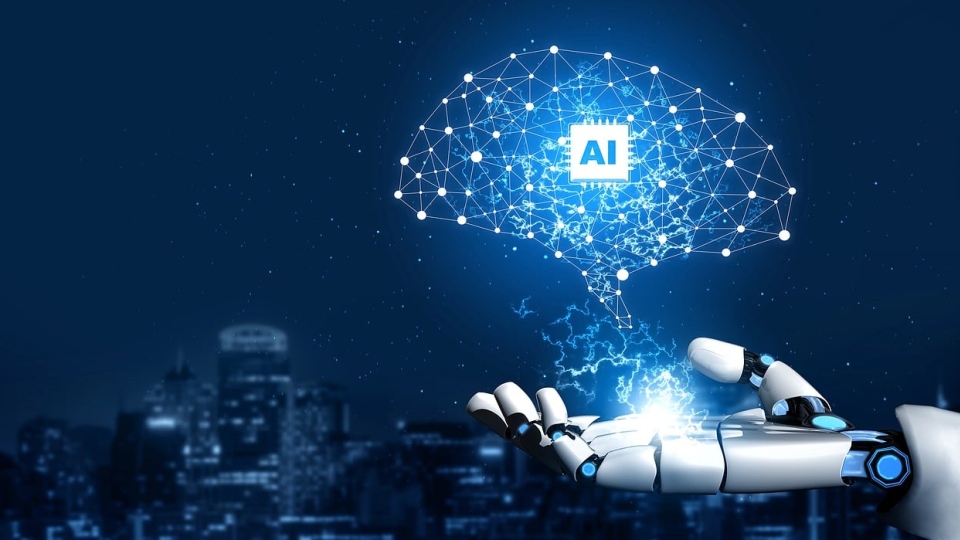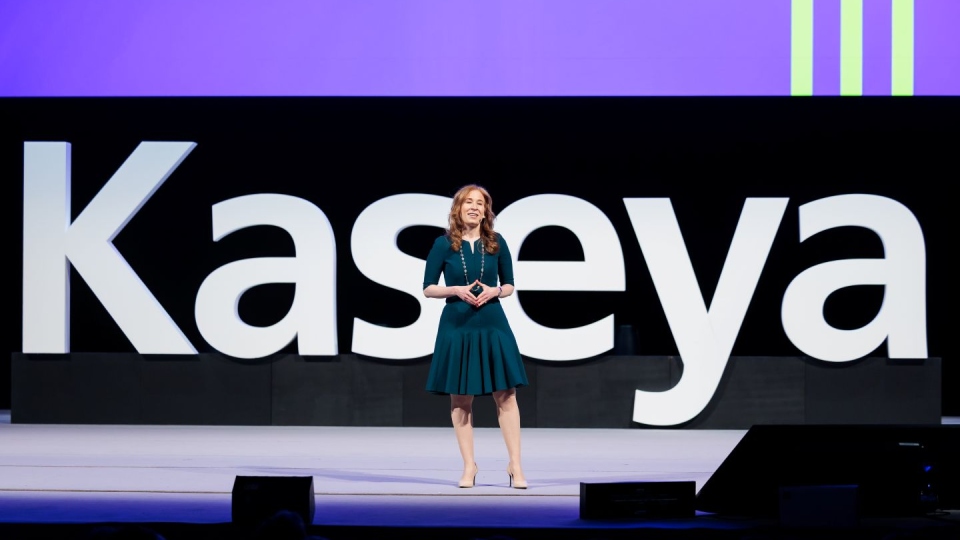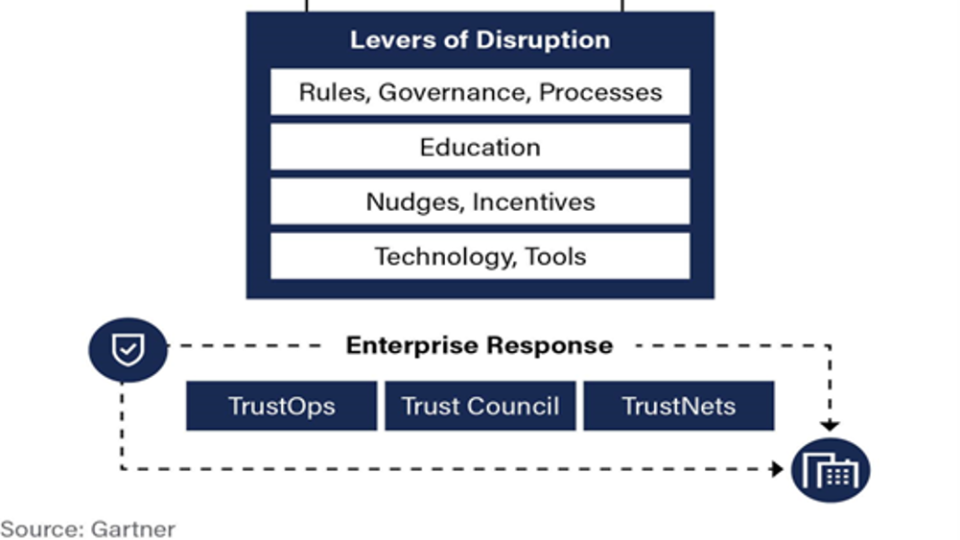
There is always an abundance of AI technology announcements, here are some interesting ones that can aid the channel.
With key provisions of the EU AI Act set to come into force from 2 August, including new requirements for general-purpose AI models, here’s some industry reaction.
Myles Washington, strategy director at Designit (Wipro’s experience innovation company), said: “The EU AI Act signals a new chapter in how organisations design and deploy AI. Not only from a technical standpoint, but also from an ethical and strategic perspective. Treating governance as a box-ticking exercise or a problem to solve post-launch is set to become a thing of the past. Compliance must now be baked into the foundations of product and service design.”
He added: “The real risk isn’t regulation but rather being unprepared for it. Businesses that continue to prioritise deployment speed over long-term value will find themselves burdened with technical debt, reputational risk, and costly rework. On the other hand, those that invest early in governance frameworks, clear oversight, data transparency, and human accountability will move faster in the long run, with fewer setbacks and greater user trust.”
Said Washington: “We’re now entering a new phase where AI maturity won’t be judged by how advanced your models are, but by how responsibly they’re built. The organisations that succeed will be those that align innovation with intention, and treat trust as a design principle and not just a by-product.”
-Following on from the above, Cequence Security, a pioneer in application security, has unveiled the Cequence AI Gateway, a solution enabling enterprises to take full advantage of the productivity gains promised by agentic AI.
Bridging the gap between AI agents and enterprise applications, the AI Gateway enables instant connectivity with the guardrails enterprises need to stay in control.
Enterprises, eager to embrace the power of AI, have often lacked the tools needed to do so safely and efficiently at scale. For CISOs and security-first engineering leaders, the rush to expose applications to agentic AI is outpacing guardrails such as those outlined by the EU AI Act and Anthropic’s ASL.
CIOs are understandably concerned about the opportunity cost incurred by having to up-skill needed developers. At the same time, they want a solution that accelerates ROI by avoiding insecure, one-off prototypes in favour of a scalable, enterprise-grade solution. “Cequence AI Gateway is that missing layer, instantly connecting AI agents to enterprise applications and APIs using emerging standards like the Model Context Protocol (MCP), while enforcing real-time policies that prevent abuse, protect data, and ensure AI acts within bounds,” maintains Cequence Security.
-In January, the NordVPN co-founders announced their latest “game-changer”: nexos.ai, an all-in-one AI platform designed to help enterprises streamline the safe adoption and management of large language models (LLMs).
nexos.ai is now open for everyone to try with a free 14-day trial. Enterprises can’t afford to lose control. nexos.ai gives companies VPN-level security for AI use: every model, every file, every chat controlled, tracked, and protected in one place. “For enterprises, it’s the first real way to use AI at scale without turning into a data breach headline”, trumpeted nexos.ai.
They can work with multiple LLMs in one place, and test OpenAI, Anthropic, Google, and more from one secure platform. They can also upload files and keep them safe, working with different file types while staying compliant.
In addition, they can explore shared workspaces, with every file, chat, and result stored in one secure, memory-enabled space. And they can track usage, assign models, and enforce policies from a central dashboard.
-Litera, a legal technology solutions specialist, has launched Lito, a “game-changing” AI legal agent - a virtual team member spanning both the practice and business of law.
Lito is integrated into the unified, AI-powered Litera One interface. It is built to support legal workflows by aligning relevant capabilities with user intent, helping deliver informed outcomes through timely access to the right data in the right context, we are told.
With curated legal skills and access to structured firm data, Lito automates complex tasks and surfaces immediate insights, and is designed to help lawyers reduce context-switching, improve turnaround time, and make smarter decisions. Lito connects to only structured, permissioned firm data. Data governance and privacy controls are always maintained, it is promised.
-DeepL, a global Language AI company, has announced several updates to its live speech translation solution, DeepL Voice, including expanded language support and advanced meeting productivity features, with an integration with Zoom Meetings “coming soon”.
"Global businesses can't afford to be slowed down by language barriers. That’s why over 200,000 business customers trust DeepL to help them communicate clearly every day," said Jarek Kutylowski, CEO and founder of DeepL. “These new updates to DeepL Voice enable teams to communicate in additional languages, including Mandarin Chinese, and stay productive with easy access to post-meeting transcripts and translations.
“And with upcoming availability on Zoom Meetings, we’re making real-time, multilingual communication even more seamless, accessible and impactful for global teams.”
-MSP software provider Kaseya has launched an AI-workflow generator within its VSA 10 platform. Using generative AI, technicians can describe a desired outcome in simple language, and Cooper Copilot builds the entire automation workflow, with no specialised product knowledge or previous scripting experience required.
“Creating workflows with AI isn’t just easier, it’s significantly more effective,” said Edgar Zacharjev, GM of VSA at Kaseya. “We've seen workflow success rates jump from 86% with traditional methods to over 96% using AI-powered workflows. This is intelligent, adaptive execution that understands technician intent and delivers results with precision.”
Kaseya VSA 10 now allows IT professionals of all skill levels to create and act on complete, ready-to-deploy automation workflows. Technicians can quickly automate repetitive tasks, deploy software, and complete maintenance and security remediations, among other time-consuming tasks, increasing service desk efficiency and reducing human error, says Kaseya.
-Dynatrace, the AI-powered observability platform, has enhanced its 3rd generation platform.
“We are elevating the value of observability and building for the future of AI,” said Bernd Greifeneder, founder and chief technology officer at Dynatrace. “The 3rd generation platform has been built to harness a goldmine of observability data in context and turn it into real-time knowledge for AI, creating actionable insights and automation, paving the way for autonomous intelligence.”
New capabilities available are:
-Cloud-native and AI-native acceleration for development: Developers can easily ingest and analyse data from serverless and cloud architectures through self-service access. Dynatrace simplifies data visualisations for common cloud patterns and improves production debugging with the “only live debugger that can scale to thousands of simultaneous developer sessions per tenant, with non-breaking breakpoint for each session – with privacy protections”.
The Dynatrace MCP server enables developers to bring real-time observability data directly into their AI-assisted development workflows to better inform designs, bolster security posture or debug issues without leaving their IDE.
-Preventive operations powered by agentic AI: Davis AI automated root cause analysis and remediation is extended to include agentic AI capabilities for preventive operations and auto-remediation in complex scenarios involving multiple teams. This includes guided troubleshooting, interactive recommendations, and “explain and summarise” natural language capabilities to minimize manual intervention and streamline collaboration between ITOps, SRE, platform engineering, DevSecOps and development teams.
-Transformative log management experience: Dynatrace extends its capabilities to analyse all logs instantly - in context of other observability data - through enhancements to the Logs app and through Davis CoPilot engagement and explanations, unlocking insights and answers previously hidden in their data.
-Xelix, an AI-powered accounts payable platform startup, has secured $160m in Series B funding through a round led by global software investor Insight Partners. The other investors are Passion Capital and LocalGlobe, which also participated in the $5m Series A raise led by FINTOP Capital three years ago.
The latest cash injection will be used to accelerate product development and support business expansion.
Xelix’s enterprise SaaS platform integrates with, rather than replaces, existing ERP systems. The offering comprises three solutions - Transactions, Statements and Helpdesk – and uses agentic AI capabilities to manage complex, multi-step decision-making processes.
Send your evolving AI channel news to: a_savvas@yahoo.co.uk







